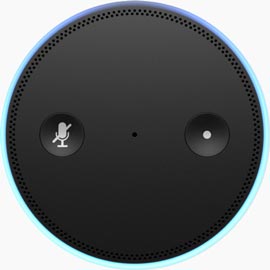
#23 - Can You Die From a Concussion?
Can you die from a concussion? The media frequently talks about serious consequences of concussion. In fact, we’ve recently seen multiple articles about an olympic bicyclist who died after suffering from depression, which many have linked to her concussion symptoms. In the wake of that tragic story, I want to talk a little today about long term consequences of concussion and the best way to get back to mental and physical health after a concussion.
Research has shown that 80% of concussions resolve without lingering issues in just 3 weeks. Now, that statistic is based on people who actually see a trained healthcare provider and get a concussion diagnosis. It’s the reason we advocate so strongly for visiting a healthcare provider after a head injury. If you don’t know you have a concussion, or if you’re not treated by someone who actually knows what they’re doing, you could be at risk for a longer recovery or symptoms that don’t fully resolve.
Concussions are treatable. With the right treatment and rehabilitation, you can feel better and not experience long term issues after a concussion.
The other side of this discussion is something called ‘second impact syndrome.’ This happens when you receive another head injury before your first concussion is fully healed. It causes brain swelling and in extremely rare cases can cause death. The absolute most important thing to keep in mind here is that you may not know whether or not your brain is fully healed. Again, a trained healthcare provider can determine when you’re ready to return to activities where you might hit your head.
While we hear horror stories about long term consequences or people asking “Can you die from a concussion?”, it’s important to keep in mind that the vast majority of concussion patients recover normally. Of course, the first step is to know signs and symptoms of a concussion, and to visit a concussion care provider if you hit your head. Visit BaselineTesting.com to get educated.
OTHER FLASH BRIEFINGS YOU MIGHT FIND HELPFUL:

